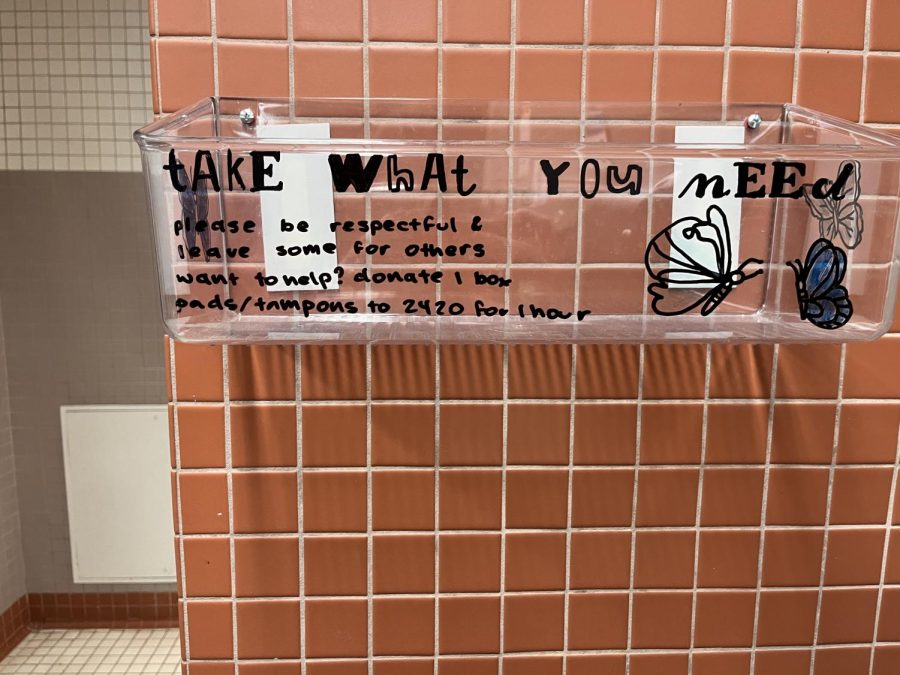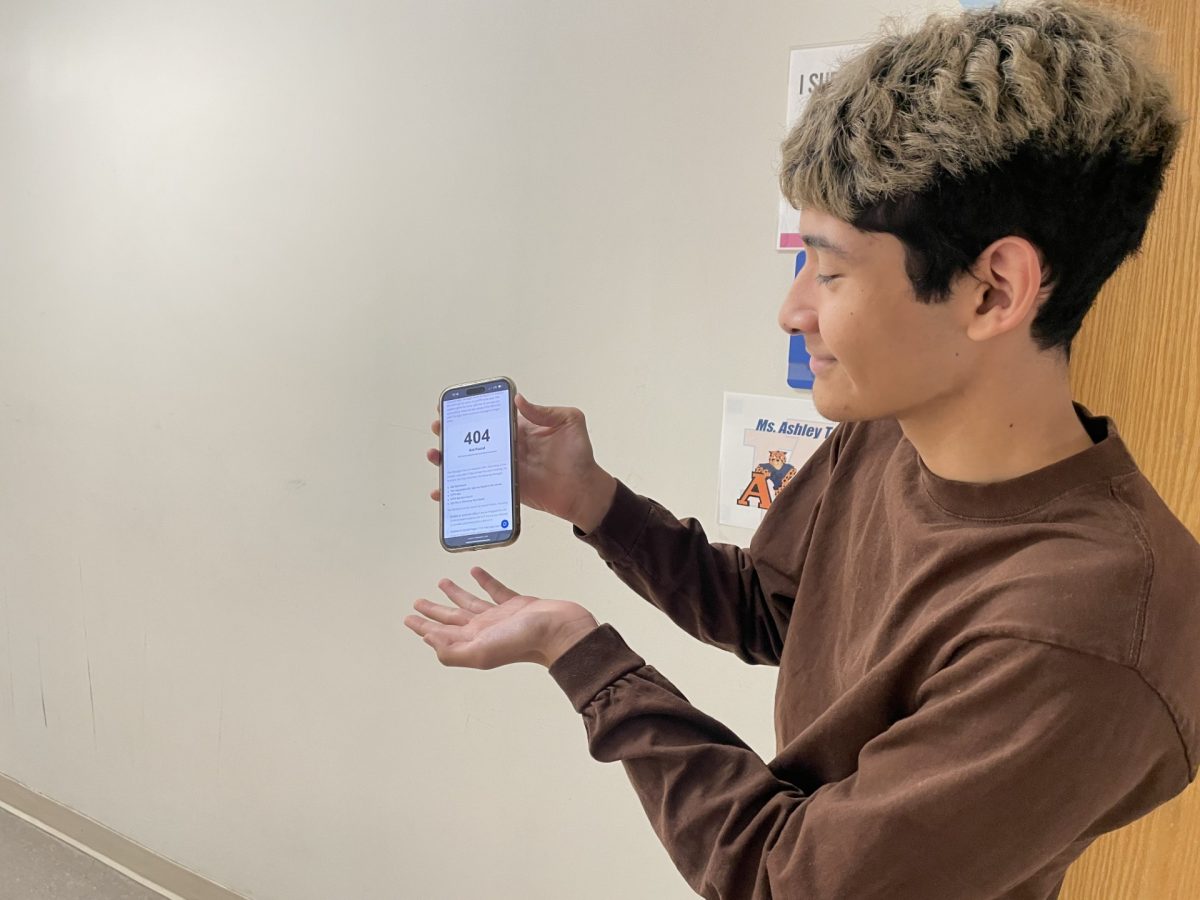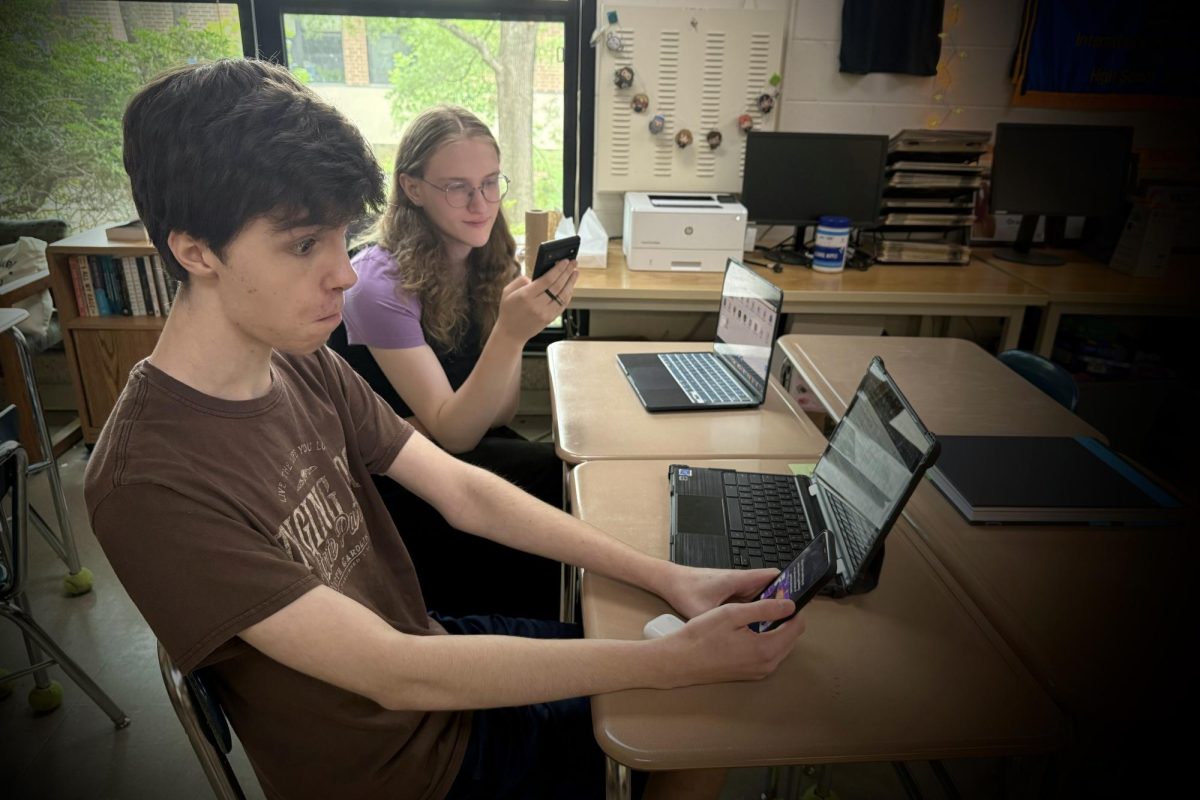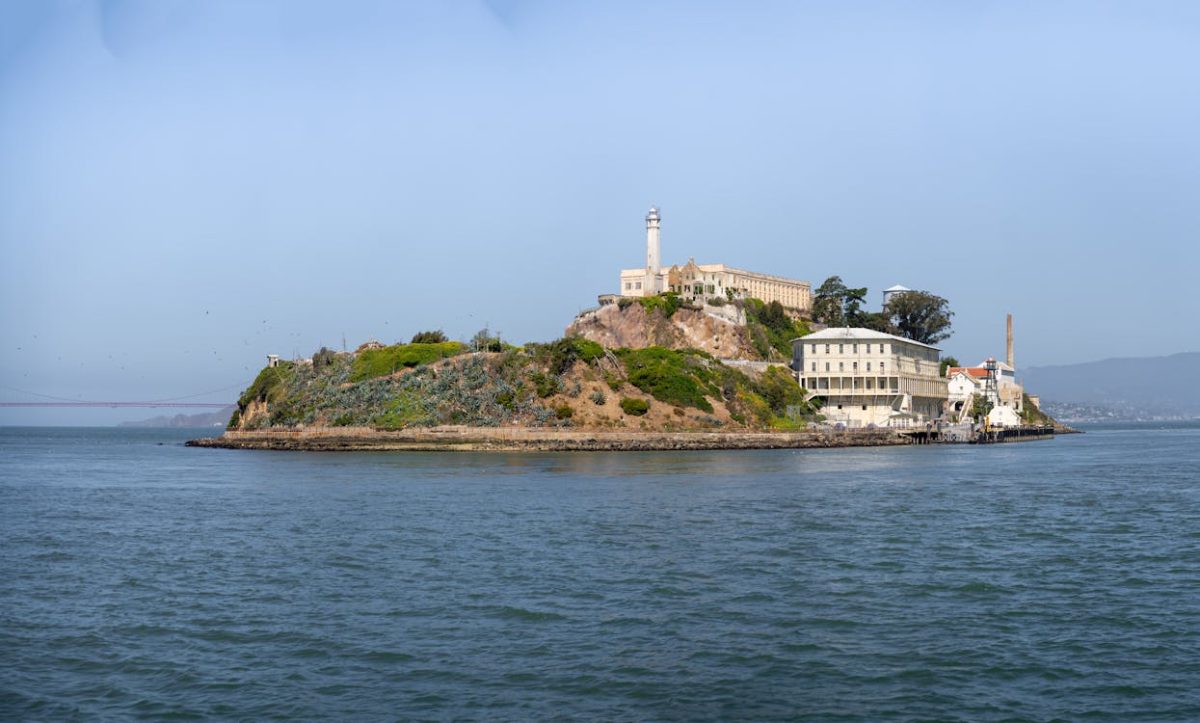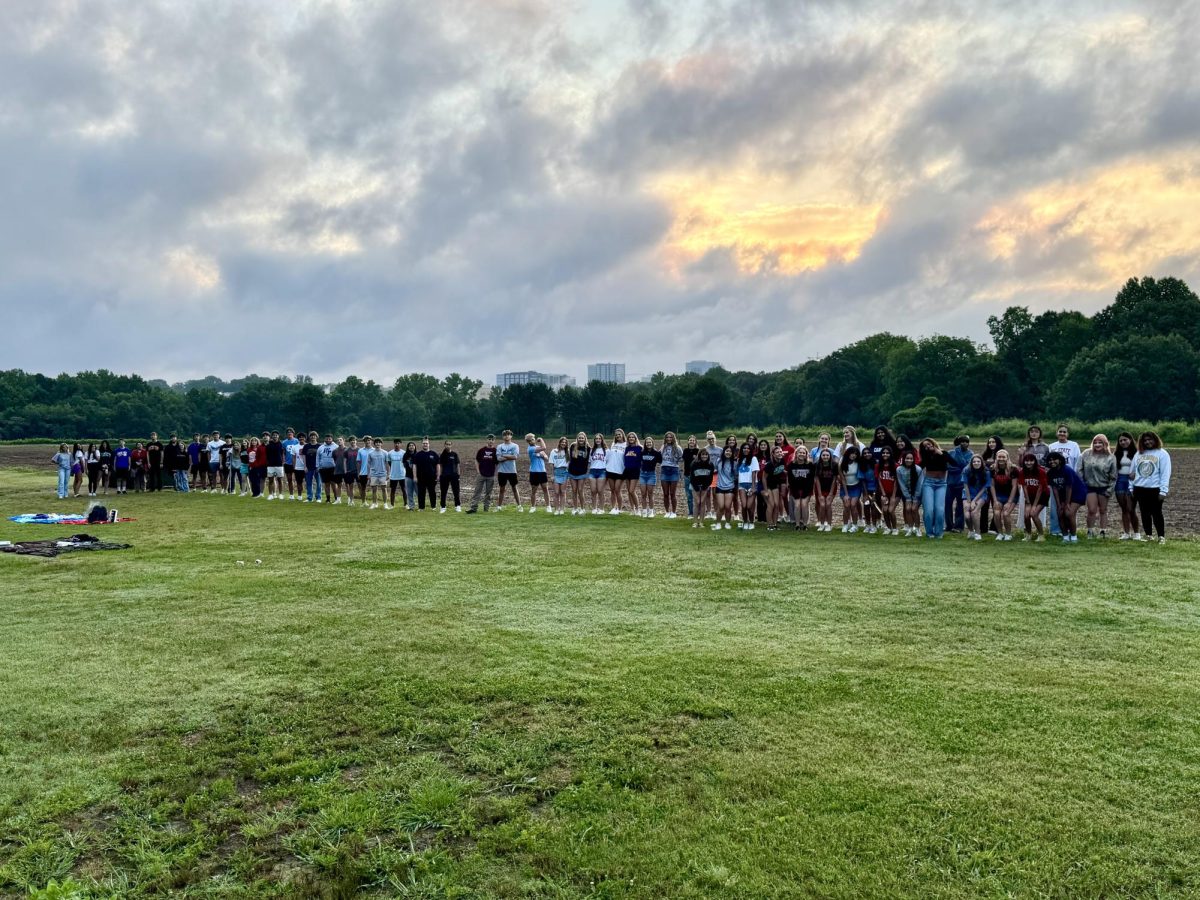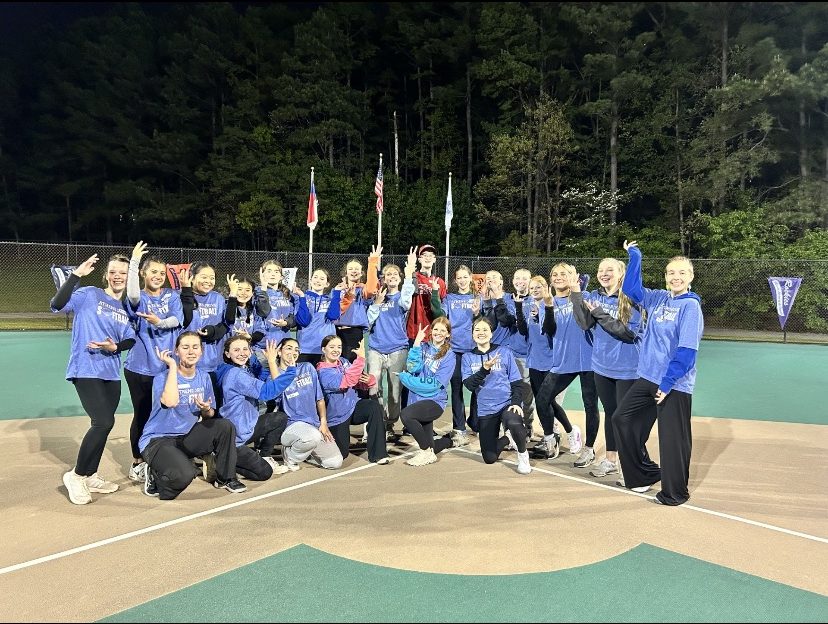Student leaders across Wake County attended a school board meeting on April 8, during which they discussed the shutdown of their high school newspaper websites. Within 24 hours, Wake County administration reinstated WordPress and SNO (School Newspapers Online), allowing these online journalism sites to continue next school year, but these sites are not guaranteed past next year.
“The decision to block WordPress-based SNO sites isn’t just a tech change. It’s a decision that will silence student voices across the district,” said Kamryn Oliver, video editor for Cary High School’s The Page, in the board meeting.
WordPress, the parent company of SNO, allows students to run and maintain their online newspaper websites. Without the platform, students were concerned that they would have no other feasible option for online journalism, and their online archives could be lost.
High schools including Wakefield, Cary, Leesville Road, Athens Drive and more were represented at the meeting with 10 student speakers, and over a dozen student editors and writers.
The decision to speak out came after a lengthy battle with Wake County Public Schools administration. Students became increasingly frustrated at the potential setbacks to journalism programs. They planned what each student speaker would articulate at the meeting, making sure to hit every point of their argument.
Displaying email evidence from administration, articulating extra expenses that would come from the loss of SNO, discrediting SNO alternatives, and providing personal experiences were some of the key highlights from student speakers.
“I think everyone covered each topic really well,” said Nora Richards, Co-Editor in Chief of the Oracle. “By not being repetitive, the speeches helped us successfully convince the board.”
After the students spoke, North Carolina State University Student Senate President Naila Din presented as well. This was in addition to publishing a written statement from the University Senate and Treasurer.
“These platforms are necessary to the public dissemination of articles by student journalists, which allows students to exercise their rights to freedom of speech and expression,” said Din in the school board meeting.
On behalf of the NC State student government, Din urged the school board to consider alternatives, not only to protect newspaper programs, but also their archives and records.
“Students must be able to fully exercise their first amendment rights in order to cultivate their personal and civic responsibility,” said Din at the meeting.
Originally, students were just requesting an alternative to SNO and WordPress. Both were to be banned due to security and online login concerns, and Wake County administration had not yet provided a clear alternative to the online publisher.
“They didn’t give us any equivalent alternatives to SNO. None of them had the same amount and quality of features,” said Richards.
Instead of providing an alternative, the administration decided to reinstate SNO and WordPress for the 2025-2026 school year. Still, students are unsure of the long-term future of the online applications.
“We are going to keep pushing for SNO to be renewed next school year,” said Rowan Bissett, junior editor for the Oracle.


